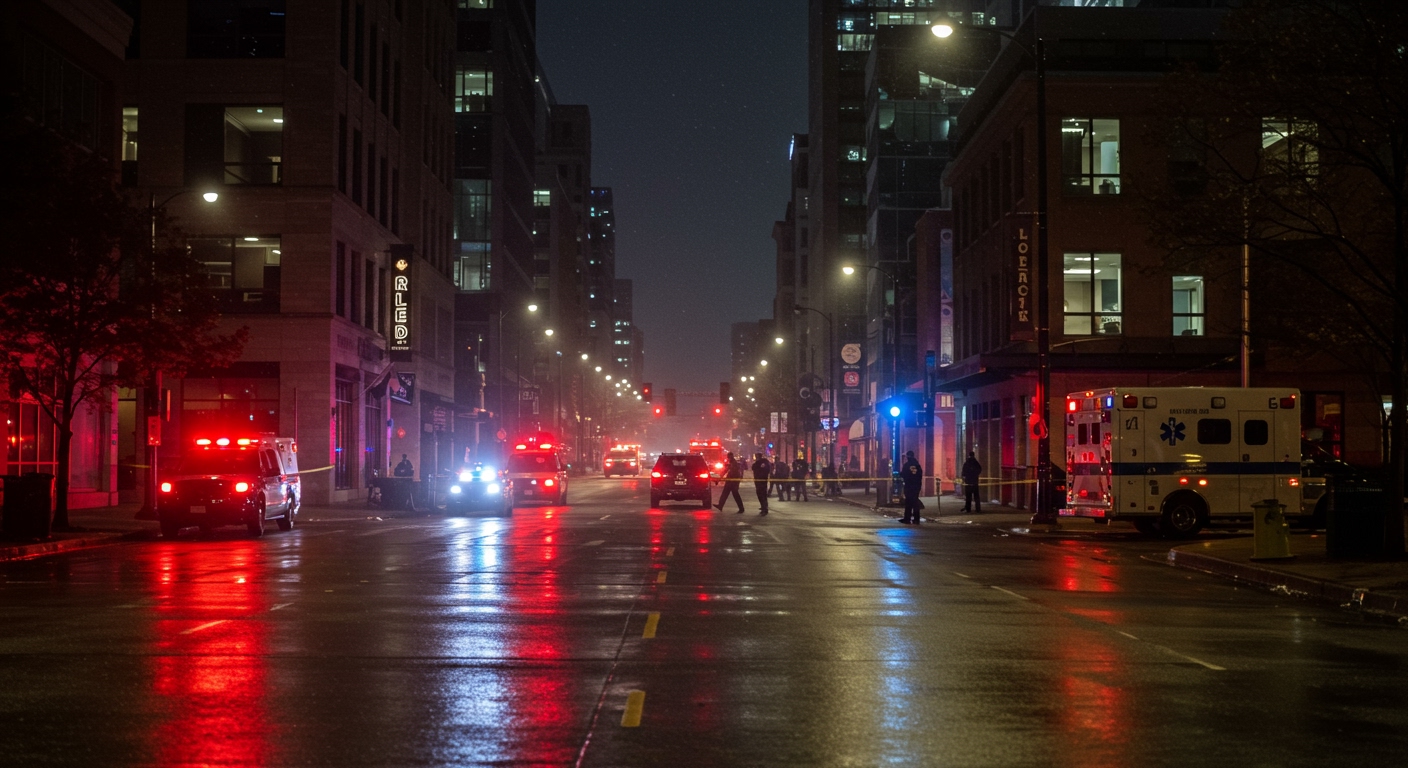Chicago, IL – The Chicago City Council took a significant step impacting the city’s vibrant restaurant scene on May 14, 2025, by approving Ordinance O2025-0510. This new measure establishes a tiered annual fee for restaurants utilizing public sidewalks or streets for outdoor seating and patio areas. The ordinance, which passed by a vote of 35-15, marks a substantial change in how the city permits and charges for the commercial use of public rights-of-way by the hospitality sector.
The legislation, championed by Alderman Sarah Chen and receiving strong support from Mayor Rodriguez’s administration, is positioned as a mechanism to generate revenue for crucial city infrastructure projects. Proponents argue that businesses profiting from the use of public space should contribute financially to its upkeep and improvement, aligning the fee structure with the broader goals of urban development and infrastructure maintenance.
Details of the New Tiered Fee Structure
The core of Ordinance O2025-0510 is its tiered fee system. Unlike previous permit processes that may have involved flat fees or less structured charges, this new approach bases the annual cost on specific factors including the amount of public space utilized by a restaurant and its location within the city. While the precise details of each tier’s criteria and corresponding fee amounts will be outlined in the ordinance’s implementation guidelines, the intent is to differentiate costs based on commercial value and spatial footprint.
City officials estimate that the new fee structure will affect approximately 1,500 establishments across Chicago that currently operate or plan to operate outdoor seating areas on public property. The financial impact on individual businesses is projected to vary significantly, ranging from a minimum of ‘$500’ annually for smaller or less centrally located spaces to potentially exceeding ‘$10,000’ per year for larger patios in high-demand areas.
Purpose and Rationale Behind the Ordinance
The primary stated objective behind the introduction and passage of this ordinance is to create a dedicated funding source for city infrastructure projects. Chicago faces ongoing needs for repairs and upgrades to its streets, sidewalks, bridges, and other public assets. By imposing a fee on businesses using the public way for commercial purposes, the city aims to link the benefit derived from public space usage directly to the funding required to maintain and enhance that space, and other vital city infrastructure.
Supporters, including Alderman Chen and Mayor Rodriguez’s office, emphasized during council discussions that the fees are a fair way to ensure that businesses contribute proportionally to the public realm they leverage for their operations and profitability. They argue that outdoor dining, while enhancing the city’s street life and business vibrancy, places additional wear and tear on public infrastructure and occupies space that could otherwise serve other public uses. The tiered structure is intended to reflect the varying degrees of benefit and impact.
Industry Concerns and Reactions
The passage of the ordinance has not been without opposition, particularly from the restaurant industry. The Illinois Restaurant Association (IRA) has been vocal in expressing its concerns regarding the new fee. Representatives from the association have characterized the ordinance as yet another significant financial challenge for an industry that has faced considerable difficulties in recent years, including navigating the impacts of the pandemic, rising food and labor costs, and supply chain issues.
The IRA argues that adding potentially substantial annual fees could further strain the already thin profit margins of many restaurants, especially smaller and independent establishments. They suggest that these increased operating costs could potentially lead to difficult decisions, such as reducing staff, increasing menu prices, or even limiting or eliminating outdoor seating options, which have become increasingly popular with diners and a vital revenue stream for businesses.
Implementation Timeline and Future Impact
The new public way use fees established by Ordinance O2025-0510 are scheduled to take effect on July 1, 2025. This effective date provides businesses with a relatively short period to understand the specific details of the tiered system as they are finalized and disseminated by the city, assess their potential financial impact, and make necessary adjustments to their budgeting and operations.
The implementation of these fees is expected to have a tangible impact on Chicago’s dining landscape. For some restaurants, the added cost may necessitate operational adjustments or strategic planning regarding their outdoor seating footprint. For the city, the ordinance represents a new revenue stream intended to support long-term infrastructure investment, potentially improving the public spaces that the fees are levied upon.
As the effective date approaches, restaurants affected by the ordinance will need to engage with the city to understand their specific fee obligations under the new tiered system. The success of the ordinance in achieving its revenue goals while minimizing negative impacts on the vital restaurant industry will be closely watched by business owners, policymakers, and Chicago residents alike.















